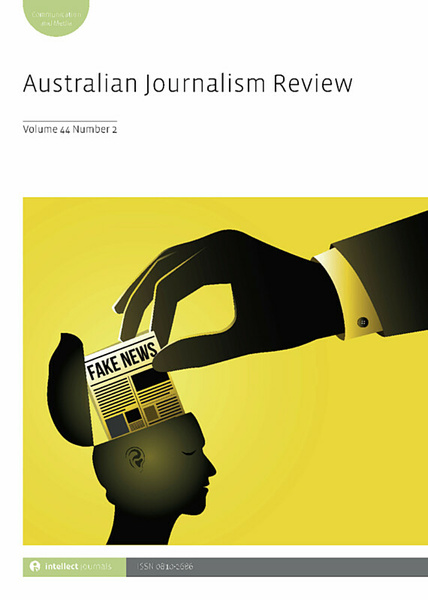-
f Virtual Student Exchange in journalism: Collaborative reporting through new media and technology
- Source: Australian Journalism Review, Volume 41, Issue 1, Jun 2019, p. 53 - 66
-
- 01 Jun 2019
Abstract
Over five decades of empirical research have demonstrated the power of study abroad programmes to broaden students’ perspectives by exposing them to other peoples and cultures. In a range of fields, universities offer study abroad to help prepare students for a rapidly globalizing world. In recent years, short-term study abroad programmes have become popular in helping students of journalism prepare for the rigours of international reporting. However, travel to another country can be difficult and expensive, putting strain on education budgets and limiting access to a relatively small pool of students. Travel to the most newsworthy sites is also frequently impossible due to lack of security. On the whole, study abroad can reinforce historical imbalances. Students from high-income nations tend to have multiple opportunities to travel and view the world from another perspective, while students from low-income countries have significantly fewer opportunities to do the same. In this research, we developed and studied a Virtual Student Exchange programme in journalism, a new pedagogical strategy that harnessed technology to connect a group of students from RMIT University in Melbourne, Australia, with a similarly composed group of students from the University of Peshawar in Peshawar, Pakistan. For modest cost, the programme provided all students with an opportunity to meet one another, learn about each other’s societies, and work collaboratively on newsworthy events in each other’s country. Informed by Contact Theory, the programme also provided students with opportunities to serve as fixers for one another, and thus to view the relationship between international correspondent and local fixer from both perspectives. Open-ended surveys and semi-structured interviews conducted after the experience show how students on both sides gained from the experience, suggesting productive avenues for further research.



